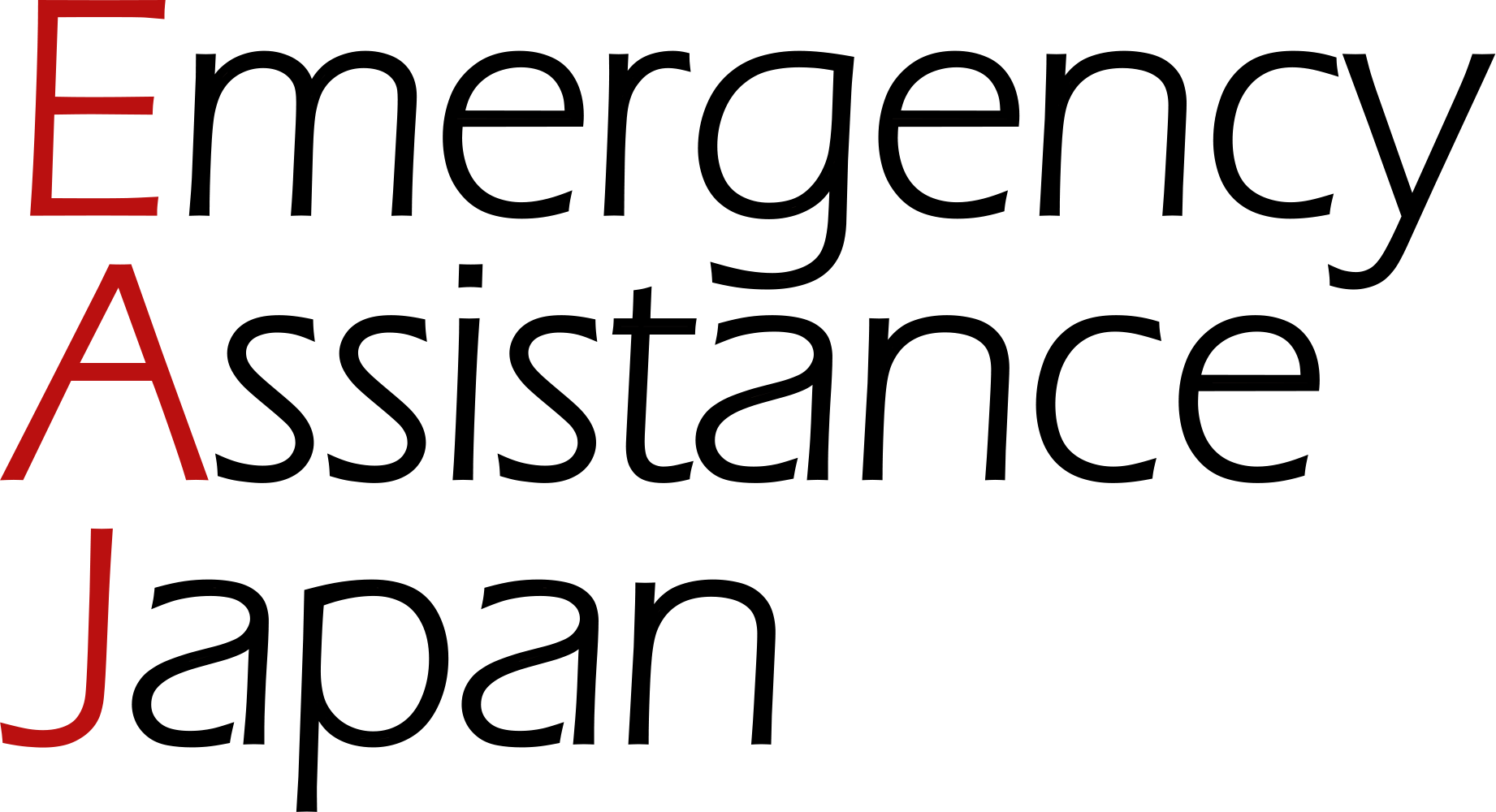Advanced medical treatment
- HOME
- Cancer(Treatment)
- Advanced medical treatment
- Advanced medical technology that Japan can be proud of
Advanced medical technology that Japan can be proud of
23.09.29
Japan’s advanced medical technology and its international reputation
Japan plays an advanced role in the development of medical devices and research on treatment methods. In particular, the discovery of iPS cells by Professor Shinya Yamanaka of Kyoto University has received international acclaim in the field of regenerative medicine, as he was awarded the Nobel Prize. In addition, minimally invasive treatments backed by delicate techniques, robotics, and other advanced technologies, as well as personalized treatments based on an individual’s genetic and biometric information, are attracting international attention for their use in cancer treatment, drug selection, and assessment of side effects.
Regenerative medicine that Japan leads the world
Regenerative medicine with increasing applications
In Japan, techniques for culturing and transplanting stem cells have been put to practical use in various fields, and regenerative medicine for skin, cartilage, and bone is also provided as a treatment. Japan is also known for its advanced clinical research in regenerative medicine, including the use of iPS cells to treat retinitis pigmentosa, cardiomyopathy, and regeneration of dental pulp. These studies are attracting international attention as a major step toward the practical application of regenerative medicine.
Safe and secure management system
In Japan, the law has established guidelines for clinical research that strictly oversee the progress of research and reporting of results, as well as standards for the manufacturing process and quality control of regenerative medicine products, ensuring the quality and safety of regenerative medicine, so you can come to Japan for treatment with peace of mind.
Minimally invasive treatments that reduce patient burden
Endoscopy, laparoscopy/thoracoscopy
Endoscopic, laparoscopic, and thoracoscopic surgeries that minimize injury to the body are a specialty of Japan. Endoscopic technology for early detection and treatment of gastric and colorectal cancer is evolving day by day in collaboration with medical device manufacturers in Japan.
Robotic-assisted surgery
Japan is making progress in the field of robot technology, and robot-assisted surgery technology is evolving in the medical field as well. In particular, minimally invasive surgery using robots is being actively used in prostate and uterine cancer surgery.
Endovascular therapy
The development of coronary intervention treatment techniques and devices is progressing in Japan to insert a catheter into the site of coronary artery stenosis or blockage and widen the vessel using a balloon or stent. Japanese medical providers also demonstrate a high success rate and safety in catheter ablation of atrial fibrillation, a treatment for arrhythmia that cauterizes the site that produces abnormal electrical signals.
Advanced Radiation Therapy
Japan is leading the world in the development and clinical application of technologies such as proton beam therapy, heavy particle therapy, and boron neutron capture therapy (BNCT), which target cancer with minimal impact on healthy tissue. The “no-cut” treatment without surgery reduces the burden on the patient and shortens recovery time.
Cancer Treatment in Japan
Early detection increases treatment success rate
Many patients visit Japan from overseas, especially for cancer treatment. In addition to the advanced medical care described above, Japan excels in the early detection of cancer through advanced examination. Cancer detected at an early stage leads to a high success rate in treatment, and the five-year survival rate in Japan is among the highest in the world for many types of cancer.
Advanced Palliative Care
Japan has a high degree of expertise in the management of cancer pain. Guidelines for pain assessment and management are in place and efforts are being made to effectively relieve patients’ pain. Coronary embolization and Chinese herbal medicine may also be used as palliative care. In addition, a respectful approach is taken to cultural and religious backgrounds, and care is tailored to the values and intentions of patients and families from abroad.
